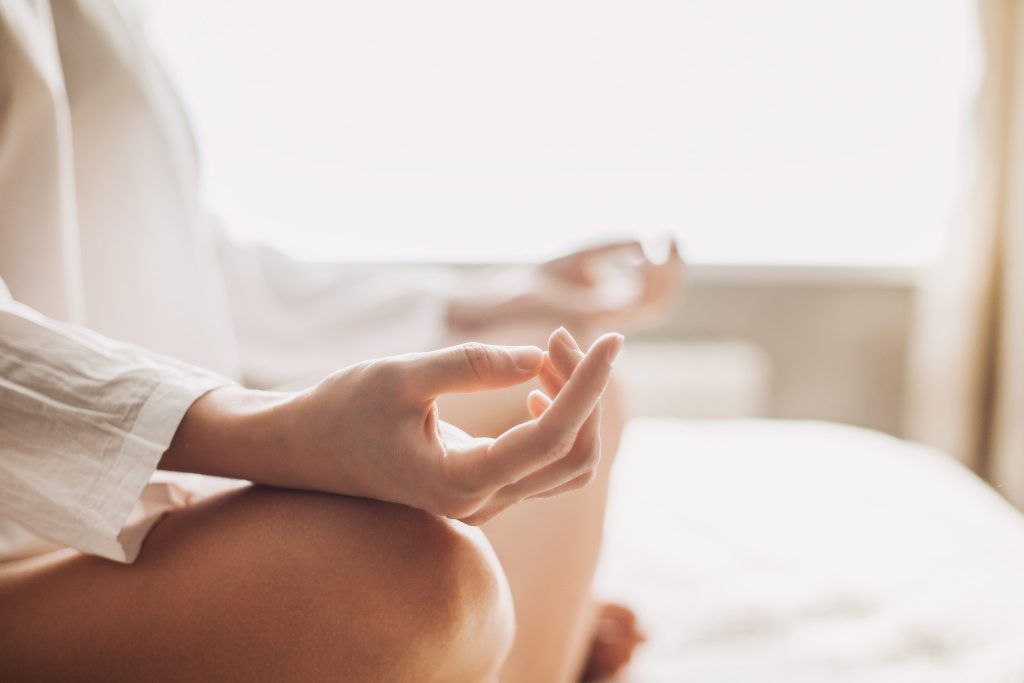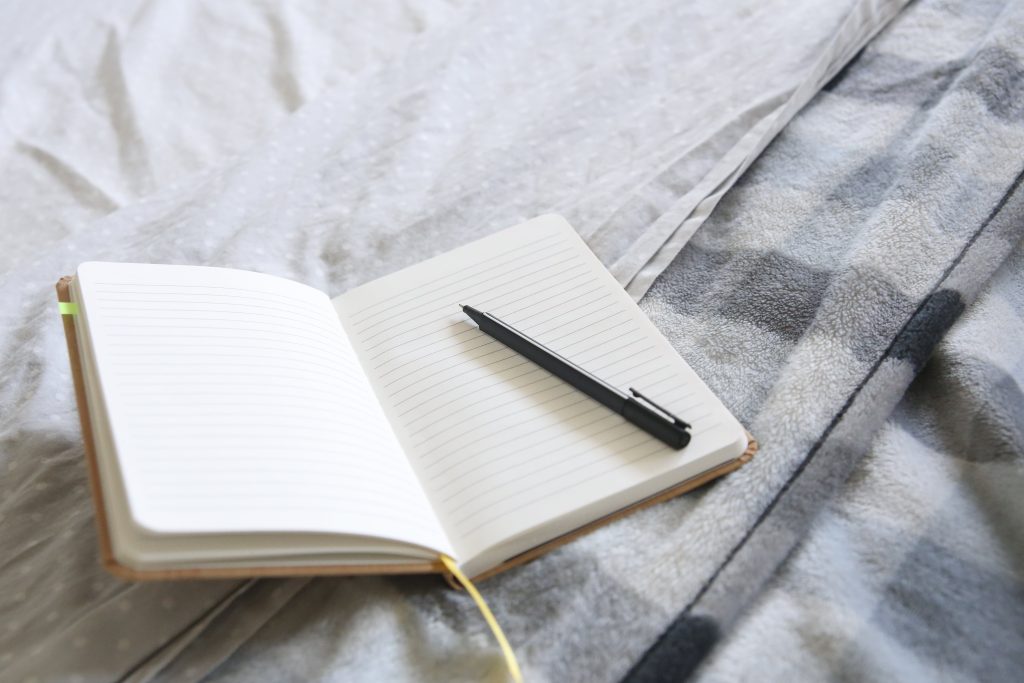World Sleep Day 2022 – Our top tips to better sleep
While it may be the most important part of any lifestyle, most of us don’t get the sleep we need to. Whether you’re struggling with a disability, a mental illness, general anxiety, or insomnia, it can be difficult to get good, REM sleep consistently. Particularly in the current climate, a survey by Chemist4U found that one in three people are sleeping less than before the pandemic began. Just in time for World Sleep Day on 18th March, we’ve collected together some top tips for getting a better night’s sleep.
Turn off your electronics
Most of us spend a large portion of our day looking at computer screens, phone screens or TV screens; all of which emit blue light, which can cause strain on the eyes over time. Try to turn off your electronic devices, or put them away, at least 30 minutes before you go to bed for a more restful sleep. Alternatively, install a blue light filter onto your device; this will be easier on the eyes.
No caffeine
A hot drink before bed can be very relaxing, but having a caffeinated one definitely won’t help you sleep. Swap out your evening coffee or ordinary tea for a sleep tea that’s specifically designed to help your body prepare to rest. Classics like chamomile are always good, but look out for teas that use valerian root, lemon balm, lavender or passionflower in them. All of these ingredients have been linked to helping the body sleep.
Improve your sleep environment
It might surprise you, but there is an optimum environment for sleeping in and it’s not just about having the right mattress and right bedding. Through extensive studies, scientists have suggested that your bedroom should be slightly cooler for a more restful night’s sleep. As we sleep, our body temperature decreases. If the room is colder, our sleep cycle won’t be disturbed by a fluctuating temperature. It’ll also make our warm sheets feel far cosier!
Meditation

By the end of the day, our brains are packed full of thoughts, worries and information, and none of it is conducive to getting a good night’s sleep. Meditation can help us to actively store our worries elsewhere and help us focus on ourselves. Apps like Headspace and Calm have specific sleep meditations to calm the body down and relax it enough to drift off. Alternatively, YouTube has hundreds of guided meditation videos and ASMR (autonomous sensory meridian response) videos designed to help you relax and fall asleep naturally.
Try a sleep spray
If you find yourself feeling sleepy but struggling to go from conscious sleep to REM sleep, using a sleep spray on your pillow can help soothe you into sleep. Add a few spritzes to your top pillow before you go to sleep every night and let the mix of aromas lull you to sleep. Most sprays are formulated with ingredients like lavender, chamomile, balsam oil and other natural oils that encourage the body’s senses to sleep and relax. There are plenty of sprays you can buy easily online or at your local pharmacy, so do some research to see which one might work for you.
Keep a sleep schedule
A top tip recommended by the NHS is to keep a strict sleep schedule that will help programme your body into more restful sleep over time. The body responds well to routine, so if you fall asleep and wake up at roughly the same time each day, your body will programme itself to sleep better in its allocated time.
No smoking or drinking
It seems like a fairly obvious tip, but it bears repeating. Nicotine, found in cigarettes, is a stimulant, increasing your body’s general energy levels and forcing it to work harder, which is entirely the opposite thing you want it to be doing before bed. Alcohol might help you fall asleep initially, but the digestion of the drink will disrupt your sleep cycle later on during the night.
Write

When we spend our time falling asleep thinking about the day ahead, it stops our bodies from relaxing. Keep a journal or notepad beside your bed, and if you find yourself worrying and over-thinking, writing it down can help your mind to slow down after a long day.
If you struggle with sleep due to a disability or a mental condition, you should speak with your doctor, caregiver or specialist about what specific techniques can help you rest. General techniques don’t work for everyone, so you should chat with a qualified medical professional about what might work for you.

